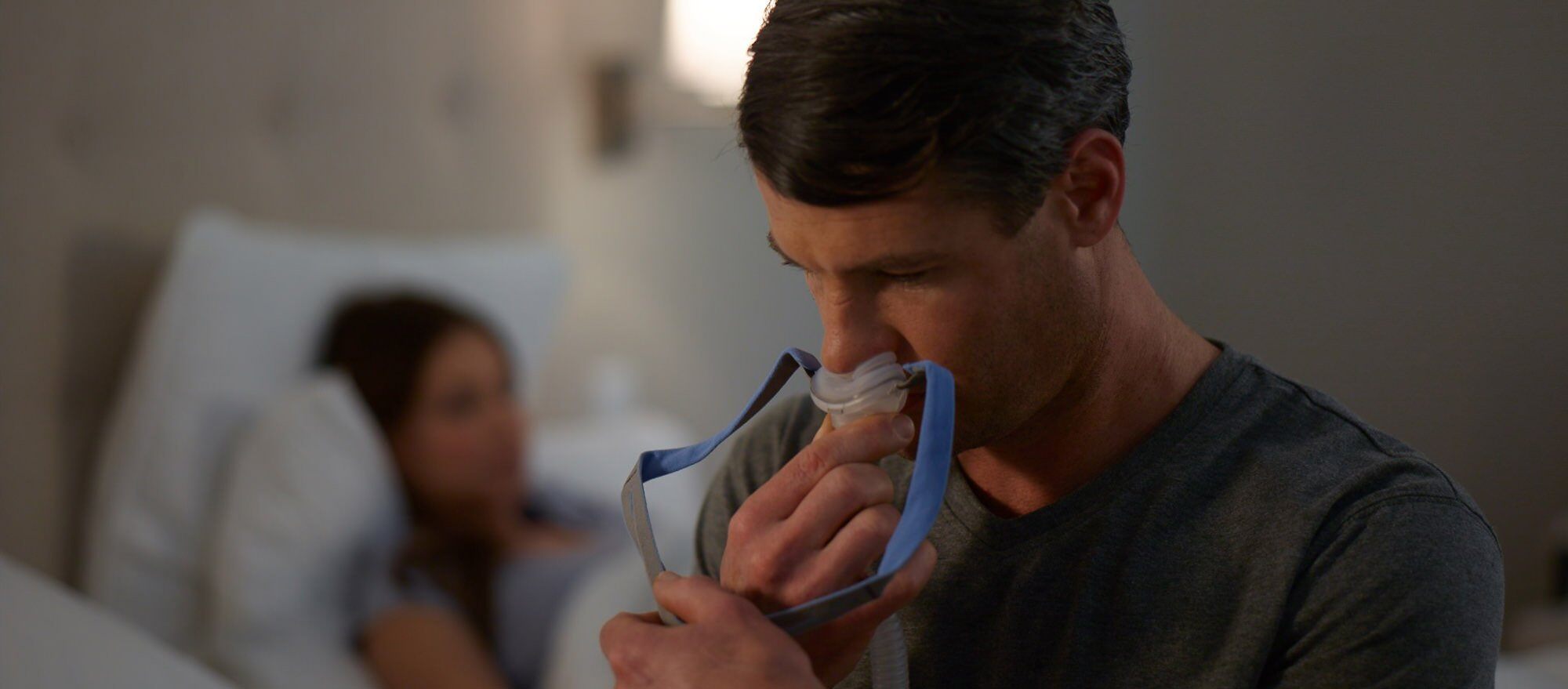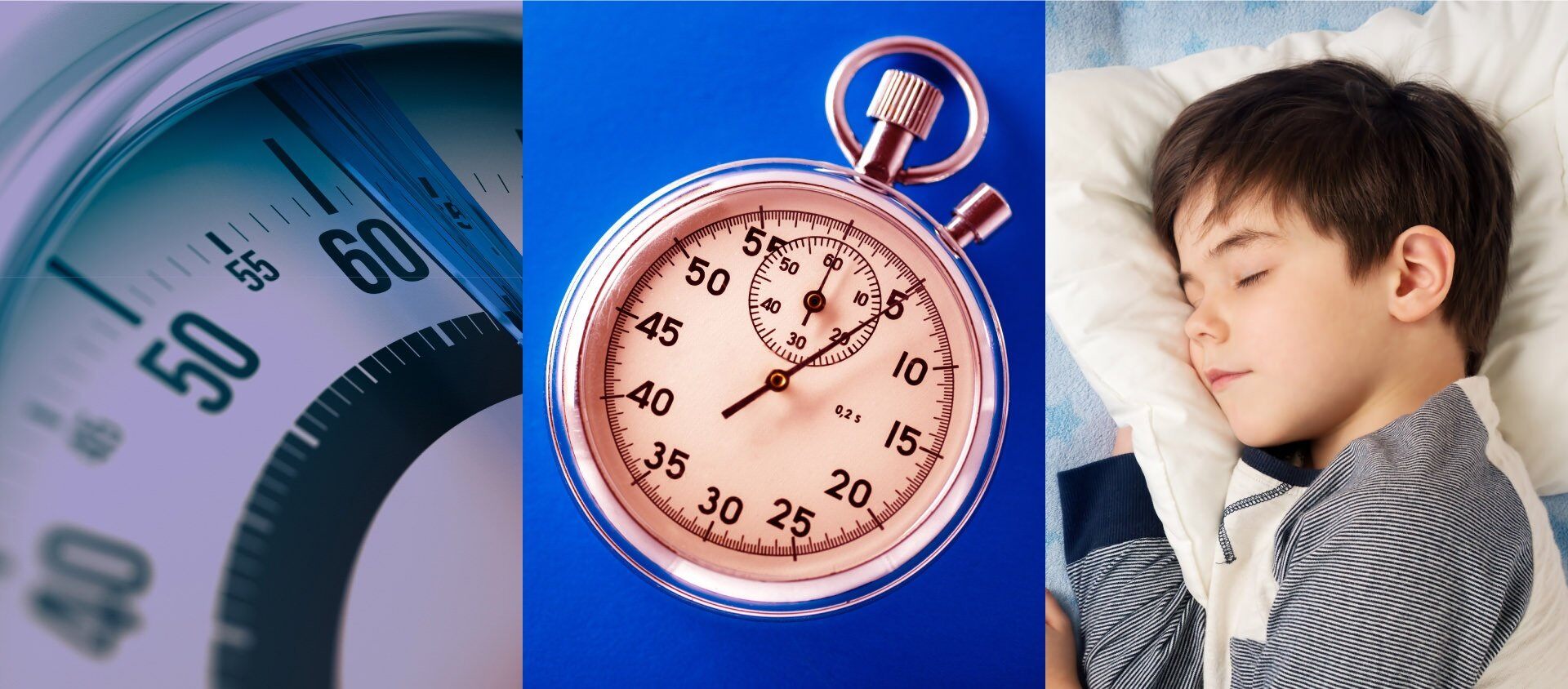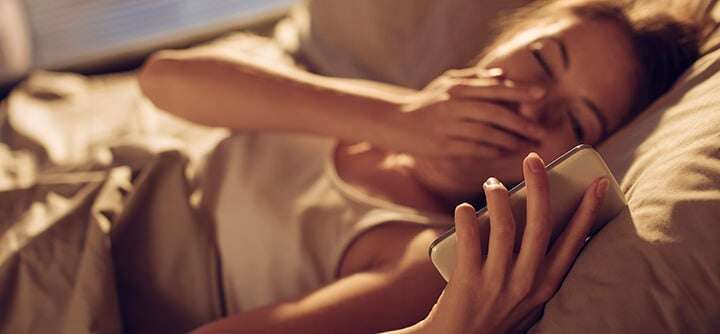No-one likes catching a cold or struggling with allergies, but can colds and allergies stop you from catching a healthy amount of sleep?
Whether it’s coughing and spluttering or trying to solider on with a sandpaper nose - many of the common signs of colds and allergies happen to overlap.
But while both allergies and colds can be a burden on your everyday functionality, they both impact on sleep differently.
So how much of a bearing do colds and allergies actually have on you when it comes to trying to recoup and recover by resting?
Do allergies and sleep mix?
When you’re struggling with allergies, you’re certainly not operating at your optimum.
Allergy sufferers can experience daytime fatigue, impaired memory and headaches. None of these side effects are particularly tolerable, which is perhaps why people with allergies more commonly experience sleeping problems1.
What many allergy suffers don’t realise, is that allergies can also increase your risk of having obstructive sleep apnea (OSA)2.
The risk of sleep apnea for people with allergies occurs because the allergens in the air – known as allergic rhinitis – cause inflammation and irritation to the nasal passages, which can lead to sneezing and a runny nose. These symptoms can then combine to narrow the airways, making it more difficult to breathe and sleep throughout the night.
Therefore it’s easy to see that if you suffer from allergies, you may be vulnerable to sleeping problems, such as sleep apnea.
Sleep apnea occurs when the walls or muscles of the upper airway (including the tongue, soft palate etc) relax in such a way that they collapse and block the airway during sleep.
Using CPAP therapy with a cold or an allergy
Using CPAP therapy when you have a cold or an allergy can be frustrating, especially if your nose is blocked and you use a nasal-type mask for your therapy.
If this is you, consider using a nasal spray or sinus cleaner. This may assist by unblocking your nose and allowing you to use your CPAP. Nasal sprays typically only last for around 4 hours. So you may need to re-apply through out the night.
If using a nasal spray is not suitable, an alternative may be to use a Full Face mask temporarily. It can be a great idea to get fitted for one and have it on standby to use when a cold comes along. This will allow you to breath through your mouth while using your CPAP. Just make sure to update the Mask setting on your CPAP machine to reflect which mask you are using. Interested in being fitted for a full face mask? Contact us to arrange an appointment!
What are some common findings when considering sleep and the common cold?
When compared to allergies, it almost works in reverse when it comes to colds and sleep.
Overdoing it without enough rest and running yourself into the ground can often lead us to feel a bit under the weather. In fact, research has found that when we’re sleep deprived, we’re around four times more likely to catch a cold, in comparison to when we’re sleeping well and in good health3.
Another study identified that people who averaged less than seven hours of sleep a night were about three times more likely to develop cold symptoms than study volunteers who got eight or more hours of sleep when exposed to the cold-causing rhinovirus. In comparison, the individuals who got better quality sleep were the least likely to come down with a cold4.
But despite this, there is also a train of thought which suggests that this increase in sleep disruption could, in return, actually help fight the virus. Mainly because in order to more effectively fight back against cold viruses and infections, the body appears to actively suppress REM sleep when simultaneously fighting a cold – meaning that the body typically does not shiver during REM sleep.
One thing is clear – sleep is of paramount benefit to your overall health and wellbeing and getting enough hours of quality sleep can help keep the common cold at bay in the first place. Considering that most adults in Australia come down with 2-4 colds each year5, getting enough sleep on a regular basis could be one of the easiest ways to avoid getting sick.
If you’re struggling to sleep because of a cold, there are some tips you can try. Start by propping yourself up to alleviate your sinus pressure, use a vaporiser at night and try to drink or eat something hot to ease your airway6.
Sleep right tonight for overall health
Getting enough sleep is a daily investment in your ongoing good health. While the average person’s sleep needs vary, most adults need at least seven hours sleep each night7.
So set a reminder on your smartphone and ensure you’re doing all you can to clock up a healthy amount of rest – and you may in turn keep the doctor away.
If nighttime waking is a constant problem for you and none of the above treatments work, you may be suffering from undiagnosed sleep apnea. Please speak to your doctor to discuss if you should have test to see if you're at risk. We also have an Online Sleep Assessment available to use for free to help understand your sleeping issues.
.webp?width=1158&height=143&name=Combined%20logo%20-%20Ecom%20Main%20300x200%20(1).webp)



